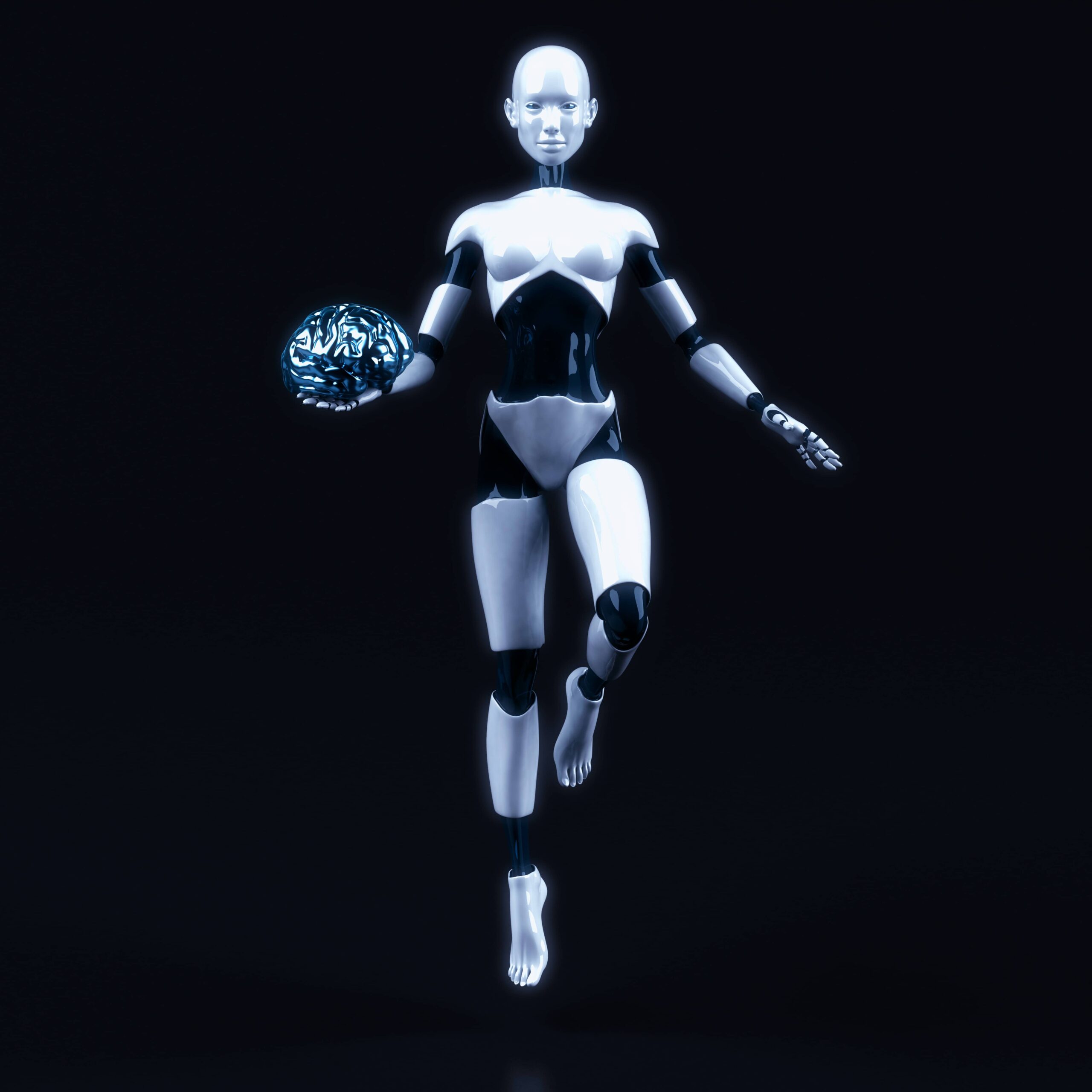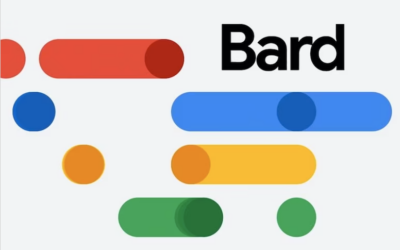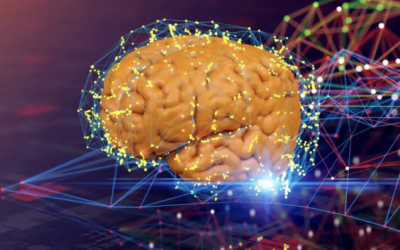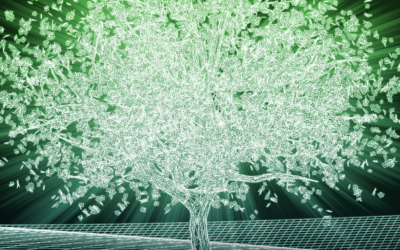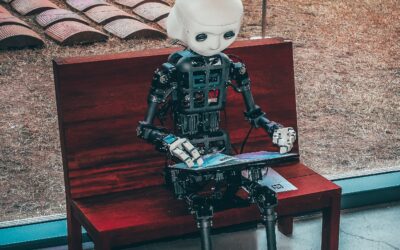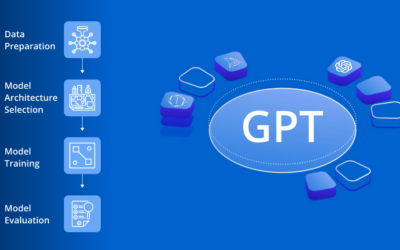AI for higher
art education
What we Do
For students & tutors
At the Willem de Kooning Academy (WdKA), our engagement with artificial intelligence (AI) spans several years, encompassing work, exploration, and research. The Education Station acts as a hub for educational support at WdKA. Our continuous conversations with students and tutors have uncovered varied levels of awareness and understanding about AI. This website is designed to offer an introductory overview of AI, emphasizing its practical uses and potential in higher art education for students and tutors. It’s important to acknowledge that our current information is not yet comprehensive. For example, we have not yet covered the ethical aspects of AI. We intend to share more results, insights, and experiments from our endeavors through our AI blogs. Although our AI project is still in the early stages, we invite and appreciate feedback.

Art Analysis
AI can analyze and categorize art, helping us understand styles, techniques, and the cultural contexts of various periods.
Art Restoration
AI can be employed in the restoration and preservation of art, conserving cultural heritage.
Augmented Learning
AI can provide interactive, immersive experiences that enrich traditional art education methods.
Democratization
AI-driven platforms make art education accessible to a global audience, breaking down geographical and socioeconomic barriers.
Generative Art
AI can autonomously create art, allowing us to appreciate the beauty of computer-generated artworks.
Virtual Reality
AI-powered VR can immerse students in historical periods, allowing them to experience the era and its art firsthand. For example, walking through Renaissance Florence or attending a 19th-century art salon.
Interactive Learning Tools
AI-powered apps and software can provide real-time feedback on a student’s art, helping them understand and improve their work.
Art History and Analysis
AI can assist in the study of art history by analyzing vast datasets of artworks and providing insights into various styles, artists, and historical contexts..
R&D
Open Source AI tools
Most people are familiar with AI tools developed by corporations and offered as proprietary black boxes, such as ChatGPT, Dall-E, Midjourney, or Google Translate. Fewer people know that there are powerful, community-developed open source alternatives that give artists and designers more freedom because they run locally on your own computer, often allow more customisation, are less mainstreamed, and often come directly from current experimental AI research.
Florian Cramer
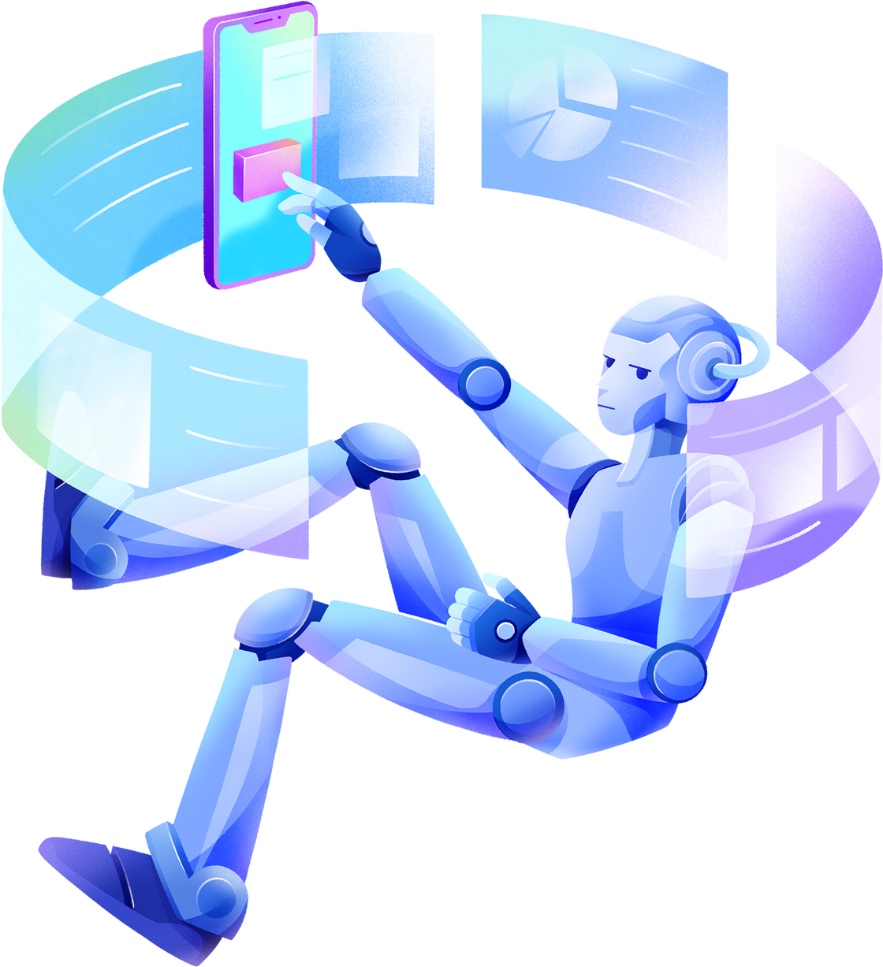
AI Blogs
The 10 stages of AI development
Rule-based AI systems: These systems follow pre-programmed rules to perform tasks. They are limited to the rules they are programmed with and cannot learn or adapt to new situations. Context-based and retention systems: These systems equip AI with the ability to...
Google Bard AI summarizes YouTube videos
Bard, Google/Alphabet’s AI model that competes with OpenAI’s GPT, just got the feature of summarizing YouTube videos via a Google-provided plugin.
Mind-reading AI can translate brainwaves into written text
https://www.newscientist.com/article/2408019-mind-reading-ai-can-translate-brainwaves-into-written-text/ https://youtu.be/crJst7Yfzj4 A system that records the brain's electrical activity through the scalp can turn thoughts into words with help from a large language...
How AI Can HelpAccelerate Climate Action
Artificial intelligence has the potential to unlock insights to help mitigate 5-10% of global greenhouse gas emissions by 2030, according to our new report with Boston Consulting Group. This can significantly bolster climate-related adaptation and resilience...
AGI (Artificial general intelligence)
Not to be confused with Generative artificial intelligence An artificial general intelligence (AGI) is a hypothetical type of intelligent agent. If realized, an AGI could learn to accomplish any intellectual task that human beings or animals can perform....
The Netherlands starts realisation GPT-NL, its own open AI-language model
Source: https://www.surf.nl/en/news/the-netherlands-starts-realisation-gpt-nl-its-own-open-ai-language-model The Netherlands will develop its own open language model: GPT-NL. This develops, strengthens and perpetuates digital sovereignty. Non-profit parties TNO, NFI...
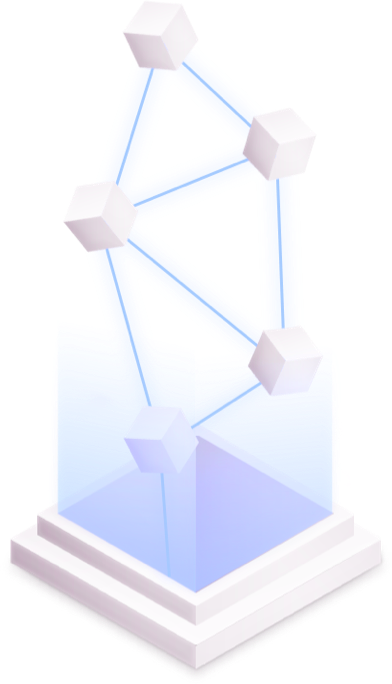
student collaboration
We collaborate with our students
WdKA students are encouraged to drop by for discussions about AI, share their insights, or seek assistance with related topics. You can also contact us via email at wdka.educationstation@hr.nl
Contact us

“Empowering Educators, Advancing Digital Education and, fostering a Sense of Belonging in Art & Design Education at the Willem de Kooning Academy (WdKA)”
– Danai Fuengshunut
Contact
wdka.educationstation@hr.nl
WH.01.305

